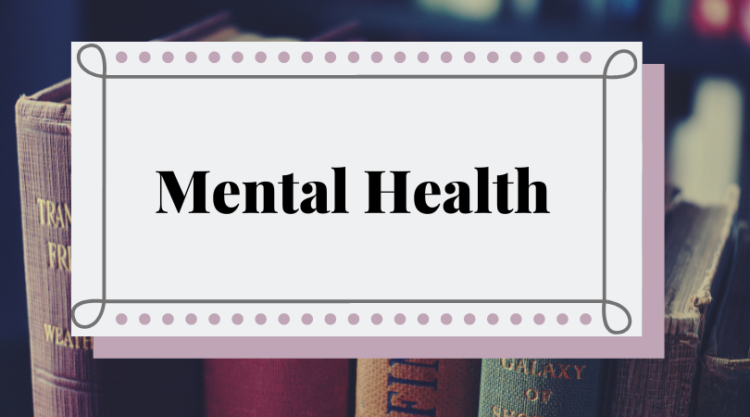Hopping in with something a bit more heavy on this sunday, i’m sorry! 😅 But last week, I went over how medication actually doesn’t erase your illness; opposed to what some people without it might be thinking.. And we are having a follow-up post today!
Believe it or not, tumblr remains one of my favorite social media. Among other things, I follow quite a lot of self-help/positivity blogs; liking and reblogging things that I need to remember.. most of them being toward depression or anxiety problems. The concept quite similar to my very own « comfort book » wrote by Matt Haig, and this is also where I pick my quotes to put on my monthly pages.
(@Kafeixo if you wanna follow my main account)
One of the posts that just rang a bell and made me realize something was about suicide idealization. That post is now ingrained in my brain — The brain being a muscle, suicide idealization has been something that it had been « trained » to do. Therefore, being in recovery with healthy coping mechanisms and/or medication won’t make it disappear out of the blue.
Ironically that is also quite true about why it’s so hard for someone to decide to get helped, as it is now shaped like a cocoon for us; it is comfort. Having to scratch and erase the way we were in the illness to restart, and not even know who we are without that part of us is a scary a painful journey.. but so very much worth it.
Screenshot of a post by @expressivedepressive saying « The problem with suicidal thoughts is that they’re not just there when your sad. you’ll be there, chillin, reading a book or talking to a friend and you’ll think ‘This is nice. But do you know what would be better? Death’». Followed by a reply of @after-crisis saying «This is referred to as ‘mild suicidal ideation’ or the desire for suicide without subtantial action behind it. It often happens when someone deals with prolonged mental health issues and suicidality at a young age. When you’re young, we go through a period where our neural pathways completely rearrange- the things that happen to us at that time will influence these changes.in a way, suicidal ideation becomes an ingraned coping mechanism. A sort of ‘Well atleast suicide is always there for me’. your brain is part-muscle, it remembers thing, it learns, it’s super great at adapting, This is just a reflex. It doesn’t mean you are weak, it doesn’t mean you aren’t in recovery. (…) »
We need to be told that recovery and/or medication doesn’t fix everything.. Many of the things that I find mental health wise, I never got told that before; which is important! Some things we need to conciously force in the start to get better, and it take times for us to erase and restart a new behavior in it’s place.
I’ve personally been in recovery for 7years now, since I was 19, and I still struggle with suicide ideation. I do get a few episodes here and there, little dots of anxiety or depression on the calender rather than a living in a long & painful crisis where you don’t see the light at the end — but the ideation still pops in my head sometimes. Few of them happening without even being in a said crisis episode.
In no way is this a fail in recovery, just a muscle memory.
Hang in there, keep fighting 💕

Great post!
I deal with this often. I’m not sure what triggered it in the past, I’ve blocked large chunks of childhood. But it flared up again 20yrs ago when confronted with possible total blindness, and again recently due to increasingly worsening ME (or ME and adding long COVID). I’ve had to bow to the fact that yes, I do have a serious disability. To the point I can’t currently hold a “normal” job.
Ohno im sorry to hear, that sucks 😔 thoses are some really big things to face, yes, I can see how hard it must’ve been. xx
One of my friend has a few years of his childhood he don’t remember aswell.. I find amazing what the brain can do, to protect itself.